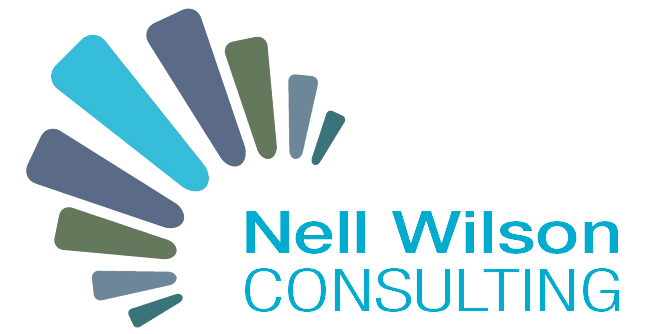Who are the programs for?
Sometimes our development takes a back seat and we are working hard in our jobs, but not always focussing on our growth or even our careers.
These 1-Day programs are designed for professionals and leaders who want to keep investing in their learning and effectiveness, focusing on particular areas of competency.
Whether you are interested in navigating your career more intentionally, getting clearer about your strengths, values and purpose or looking to improve the way you communicate with others, or learning to manage challenging situations more effectively, increasing your impact and influence or building greater resilience these programs can be a great way to continue to increase your effectiveness and engagement at work.

